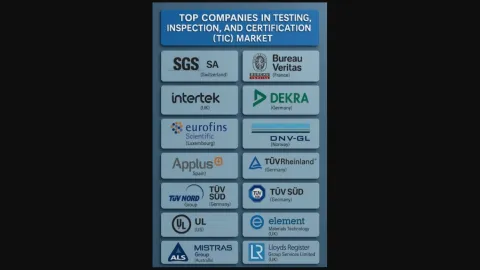News European Union
Please note that you have to be a registered member with paid membership in order to see full articles.
Become a MemberSelected News
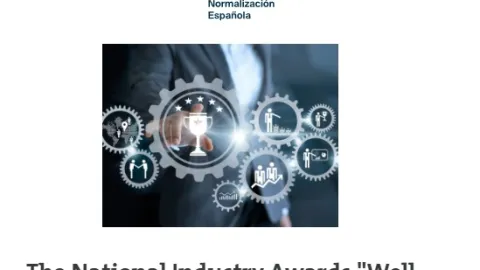
Applications Open for National Industry Awards Well Done in Spain
The Ministry of Industry and Tourism (MINTUR) has launched the 2025 National Industry Awards “Well Done in Spain” to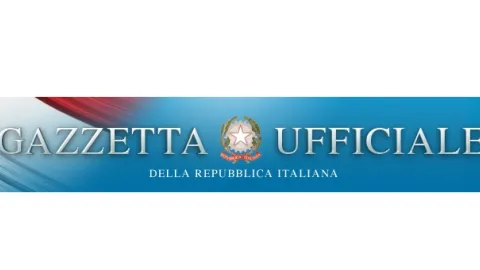
Italy Updates White Certificate Rules to Reward Energy Efficiency
Italy has revised its white certificates – the country’s main policy tool for promoting energy efficiency through tradable savings certificates.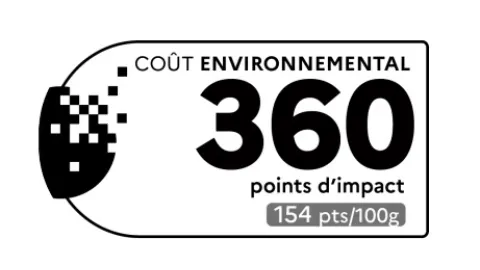
France Launches Voluntary Environmental Cost Label for Textile Products
France has introduced a new voluntary system for labeling the environmental cost of clothing, effective October 1, 2025.
Three Decades of Quality: Henkel Maribor Marks ISO 9001 Certification Milestone
Henkel Maribor has celebrated 30 years of ISO 9001 certification, reaffirming its long-term commitment to quality management and continuous improvement.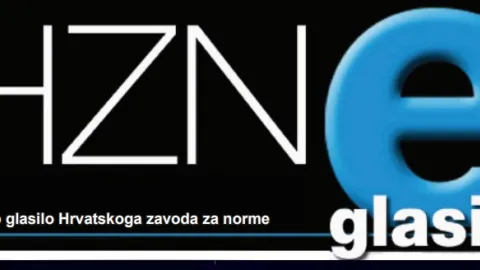
HZN Publishes New E-Newsletter, Major Conferences and Quantum Cybersecurity Highlighted
The Croatian Standards Institute (HZN) released the September 2025 edition of HZN e-Glasilo,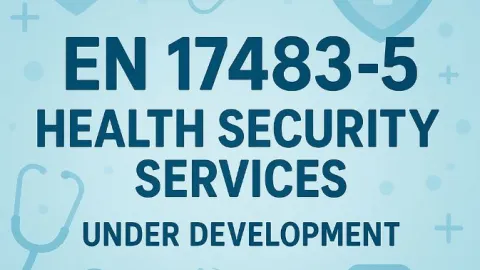
CEN Launches Development of EN 17483-5 on Health Security Services
The European Committee for Standardization (CEN) has begun work on EN 17483-5, a new standard focusing on health security services for the healthcare sector.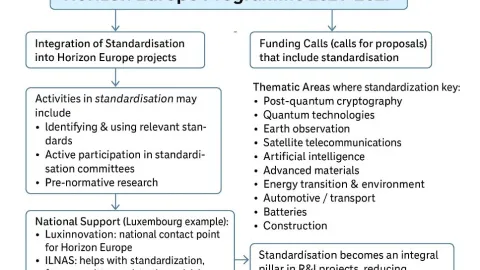
Horizon Europe Calls for Standardization Proposals, Several Closing in November
The European Commission is calling for project proposals that incorporate standardization activities under Horizon Europe, its main program for research and innovation.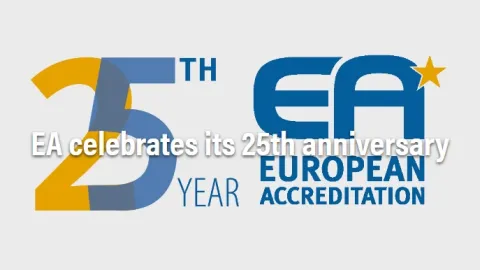
European Accreditation Celebrates 25 Years of Strengthening Quality Infrastructure
The European co-operation for Accreditation (EA) is marking its 25th anniversary, celebrating a quarter-century of
Cofrac Opens Accreditation for Energy Audit Certification
The French Accreditation Committee (Cofrac) has opened accreditation for a new certification covering energy audit services in buildings, processes, and transport.
UNI Opens Consultation On Soft Facility Management Practice For Outsourced Services
UNI has launched a public consultation, open until November 1, 2025, on a draft Practice of Reference (UNI/PdR) dedicated to Soft Facility Management.
EUCC Scheme, Risk Management Testing and More: Accredia September Newsletter
The latest edition of AccrediaLetter, published by Accredia - Italy’s national accreditation body
IQTIG Updates List of Healthcare Certificates and Quality Seals for German Federal Hospital Atlas
The Institute for Quality Assurance and Transparency in Healthcare (IQTIG) has published an updated list of certificates and quality seals for inpatient healthcare providers.Global News
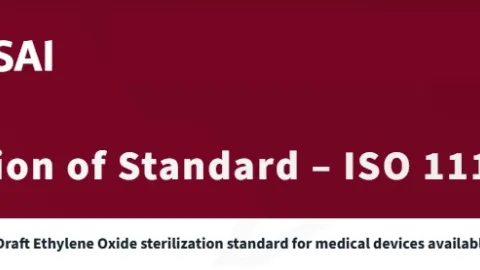
Draft of ISO 11135 for Medical Device Sterilization Under Review
A revision of ISO 11135, the global standard for ethylene oxide sterilization of medical devices, is now in the Draft International Standard (DIS) stage and under review by ISO member bodies.
Promoting Safer Bicycle Tourism Worldwide With New ISO 11956
A new international standard, ISO 11956:2025, has been published to support safe and responsible bicycle tourism across the globe.
Equitable Earth Forest Carbon Credit Standard Aims to Restore Market Trust
A new forest carbon credit standard and accreditation system are expected to launch by 2026 under the leadership of Equitable Earth.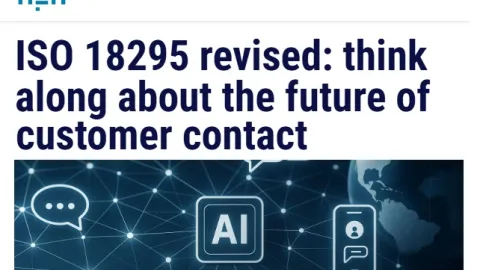
ISO 18295 Revision: Modern Communication Trends Reshape Customer Contact Standards
The International Organization for Standardization (ISO) has launched a revision of its two customer contact standards, ISO 18295-1 and ISO 18295-2, to reflect current communication practices and the growing role of artificial intelligence in customer interactions.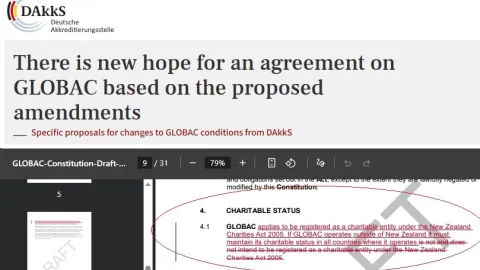
DAkkS Proposes GLOBAC Fix: No Conflicts of Interest, No Profit Motive
The German Accreditation Body (DAkkS) has proposed legal changes to GLOBAC that would allow EU national accreditation bodies to join without violating European law.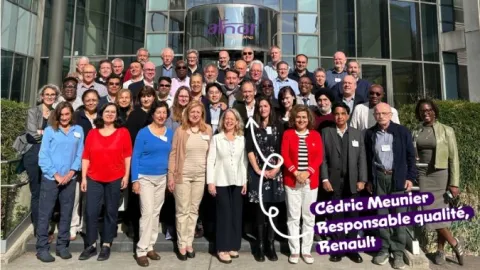
France and Norway to Lead Committee in Charge of ISO 9000 Family of Standards
The French Standardization Association (AFNOR) and Standard Norway (SN) will jointly lead ISO/TC 176, Quality management and quality assurance, the ISO technical committee responsible for the ISO 9000 family of quality management standards.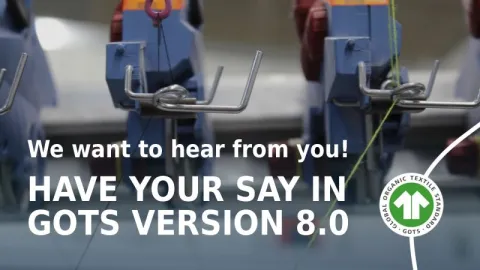
Second Consultation Round Begins for Global Organic Textile Standard Version 8.0
The second public consultation for Version 8.0 of the Global Organic Textile Standard (GOTS) is now open and will run until August 15, 2025.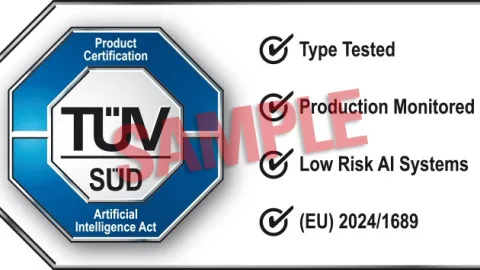
TÜV Süd Launches Voluntary Test Mark for Low-Risk AI Systems
TÜV Süd has launched a voluntary certification mark for low-risk AI (artificial intelligence) systems, allowing manufacturers to prove the quality of their AI solutions even when no legal requirements apply.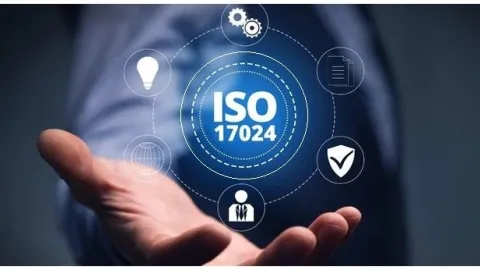
Draft of ISO 17024 for Certification of Persons Wins Overwhelming Approval
The draft of ISO/IEC 17024, a conformity assessment standard for certifying persons, has been approved by ISO, IEC, and CEN.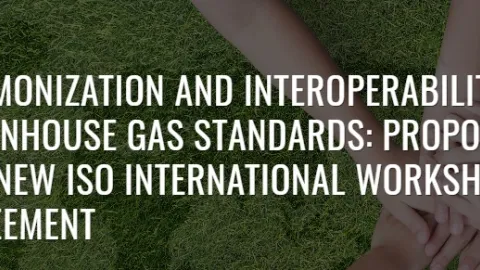
New ISO Agreement Proposed to Align Global Greenhouse Gas Accounting Rules
A new ISO International Workshop Agreement (IWA) has been proposed to harmonize greenhouse gas (GHG) accounting standards for industrial products and improve the comparability of emissions data across global supply chains.
Two New Papers Map AI and Multimedia Authenticity Standards
The AI and Multimedia Authenticity Standards Collaboration (AMAS) released two major papers on July 11 at the AI for Good Global Summit in Geneva.